The Maldives laid to rest the question about its governing system back in 2007 in a constitutional referendum.
Out of the 193,000 people eligible to vote. 93,042 favored a presidential system while 57,109 supported a parliamentary system of governance.
The country's first democratically elected President Mohamed Nasheed who won the first-ever elections in 2008, has always been an ardent supporter of the parliamentary system.
But with overwhelming support against this idea after 2007, he had somewhat abandoned the pursuit of a system change and after several years of political upheaval in his own political career, the former President is now in a prime position to push for a system overhaul.
Having secured a parliamentary seat in 2019 and having been subsequently chosen as the Speaker of the Parliament, Nasheed now looks the most to gain from a parliamentary system of governance.
However, Nasheed had claimed that he would not take action unless President Ibrahim Mohamed Solih and the ruling Maldivian Democratic Party (MDP) as a whole wanted to bring about the change.
Parliamentary and Presidential system
Parliamentary system is the democratic form of government in which the party (or a coalition of parties) with the greatest representation in the parliament forms the government, the leader becomes the prime minister. In a parliamentary system, laws are made by a majority vote of the legislature and signed by the head of state, who does not have effective power.
Some constitutional democracies have a Presidential system of government, which is based on the separation and sharing of powers among three independent and coordinated branches of government: legislative, executive, and judicial.
The main difference between these systems is the extent of power separation between the legislative, the executive, and the judiciary. Another major difference between the presidential and parliamentary systems is the accountability of the executive to the legislature.
MDP Petition and the letter to the President
Recently, a petition has been put together by the MDP faction that supports the Speaker of the Parliament and former President Mohamed Nasheed, a vocal advocate for the parliamentary system. The Speaker had urged those who supported him to sign the petition.
The letter that accompanied the petition is addressed to President Solih and it reminded him that MDP's 2018 Presidential campaign revolved around a manifesto that promised huge reforms and changes to the constitution. The President was also reminded that the changes included giving legal powers to political coalitions, making it impossible for MPs to change political alliances and other changes. The presidential manifesto also promised that once the changes are brought to the constitution, to form a government that is headed by a Prime Minister and cut down state expenditures within these measures. The letter highlighted that the changes in the manifesto would be brought about by the year 2020 and that the deadline has now passed.
Unrest due to the government system
Speaking to “ThePress” MP for Maafannu Medhu constituency Ibrahim Rasheed (Bonde), who had signed the petition, stated that this petition is not only brought about by Nasheed but also by the public that no longer believe in the government's ability under the presidential system currently practiced in the Maldives.
Bonde also said that 15 parliament members have signed the petition and soon many more members would put their signatures on the petition.
Renowned lawyer Ahmed Nishan, the key architect behind the petition, said that one of the reasons for the petition was the fact that the current government had not fulfilled the promises that were made on the manifesto that was designed for the presidential election in 2018.
Nishan noted that this petition is a reminder to fulfill the promises made by the presidential manifesto and take a public vote on whether the current system needs to be changed.
Nishan also said that they would be working to enlighten the public on the difference between the parliamentary and presidential system as many do not know the difference
Support for and against
Regarding the governance system in the Maldives President Ibrahim Mohamed Solih has already stated his view on changing the governing system stating that the system can only be changed by a public vote.
In his latest press briefing Presidential spokesperson, Mohamed Mabrook Azeez shed light on the government's stance on the petition and a subsequent vote.
Mabrook also stated that no promises were made that there would be any changes made to the system and that faction of MDP is leaning on amending the constituent and forgoing the referendum.
The debate about presidential or parliamentary system of government had long ruled dinner tables and other social gatherings but the petition is now giving voice to those who oppose the current system.
Nishan said the petition urging President Ibrahim Mohamed Solih to change the system from presidential to a parliamentary is gaining more support than initially expected. He also said that many have shown interest in signing the petition.
Although many are in a hurry to sign the petition, there are some active supporters of the party who do not think that a change is necessary.
An active and involved supporter of the MDP told “The Press” that, the public decides on whether or not they want a change in the government system and that they also should be aware and know exactly what they are asking for.
The supporter added that one should not just sign anything that is put in front of them for the sake of signing
It remains to be seen whether the organizers of the petition can collect enough signatures to force President Ibrahim Mohamed Solih to hold a constitutional referendum.
But, if he does decide for another referendum, he could throw the country into political turmoil and upheaval before the 2023 Presidential election.

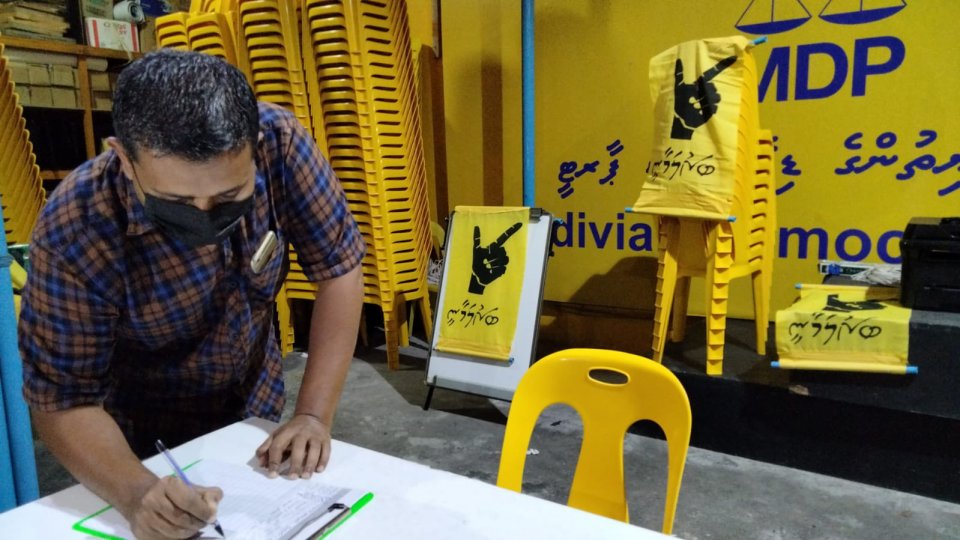






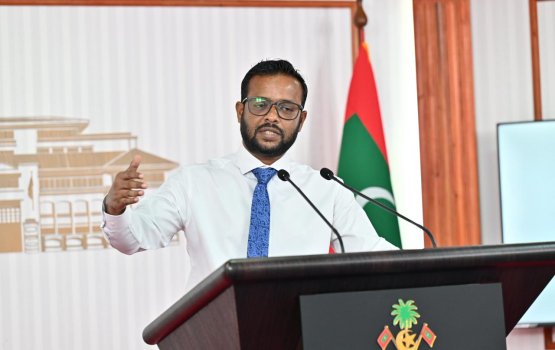
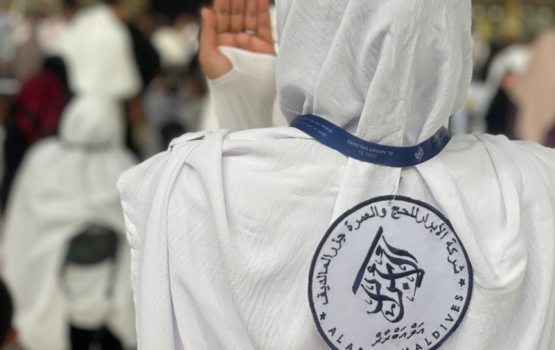

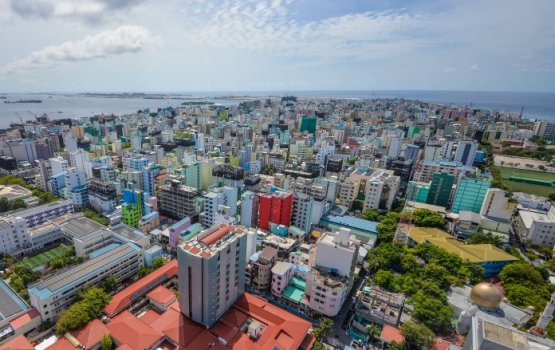
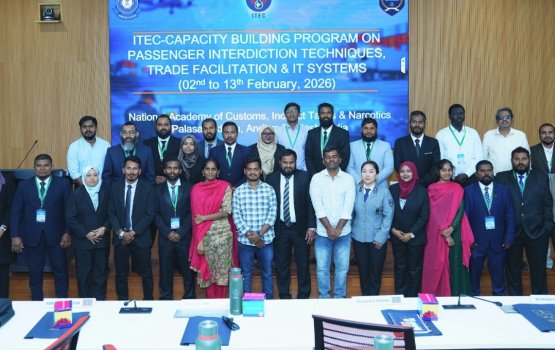

This is an interesting debate that has started. Let's see how far it goes. The writing gave an insight of what's going on in a chronological order. Not into politics or political ideas but the article gave an unbiased idea of what's going on. Keep up the good work.
Excellent article